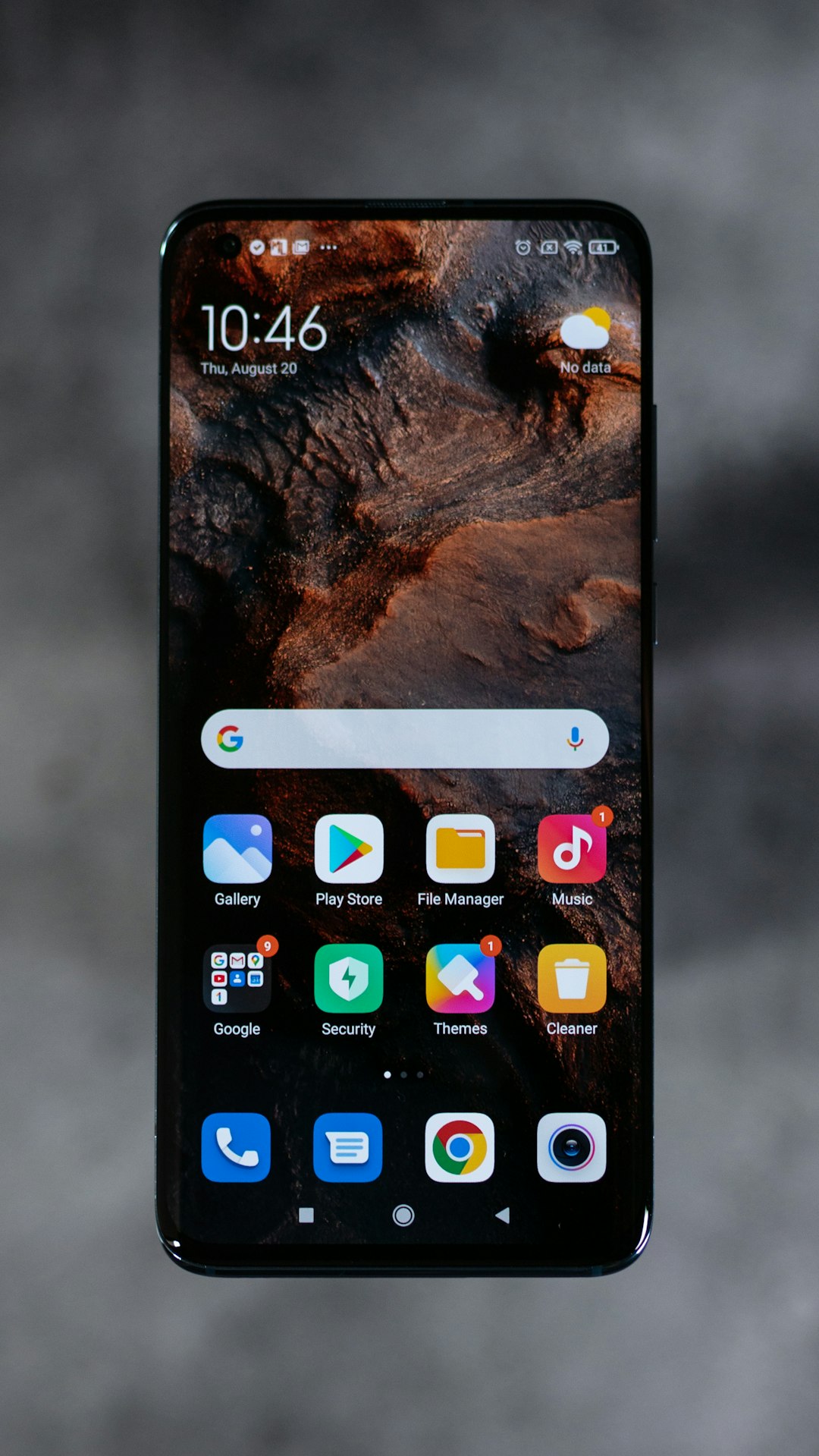In Houston and Texas, "Do Not Text" (DNT) laws protect consumers from unwanted marketing texts, with explicit consent required before businesses send promotional SMS messages. Violations, including unsolicited ads despite requesting to stop, are prohibited under the Texas Business and Commerce Code. To opt out, reply 'STOP' or 'UNSUBSCRIBE'. Lawyers specializing in Do Not Text Laws Houston can guide both consumers facing harassment and businesses seeking compliance, ensuring legal protections are upheld while fostering customer-focused communication strategies. Additionally, these laws strictly enforce against texting while driving (TWD), with severe penalties for drivers caught engaging in this risky behavior.
“Unraveling Houston’s Do Not Text opt-out rules is essential for every Texan consumer. This article guides you through the intricate details of Do Not Text laws, specifically focusing on Houston’s unique approach to text message consent. We’ll explore your rights as a consumer, how to effectively opt out of marketing texts, and the legal implications of non-compliance, highlighting the importance of understanding these regulations with the help of a lawyer specializing in Houston’s Do Not Text Laws.”
What are Do Not Text Laws?

Do Not Text (DNT) laws, also known as “do not call” regulations for text messaging, are consumer protection measures designed to prevent unwanted marketing texts from businesses. These laws give consumers the power to opt out of receiving promotional or advertising SMS messages by simply replying “STOP” to the sender. In Houston, as in many places across the country, these rules are in place to safeguard individuals from unsolicited text messages, ensuring their privacy and reducing potential harassment.
When you sign up for a service or provide your phone number to a company, you may start receiving texts promoting products or services. If you wish to stop these messages, you can do so easily by replying with “STOP” at any time. This simple step will alert the sender that you no longer consent to receive marketing texts from them. Seeking legal advice from a Houston lawyer specializing in DNT laws can help ensure your rights are protected and provide guidance on how to navigate these regulations effectively.
Houston's Approach to Text Message Consent

Houston takes a unique approach to text message consent laws, which differs from many other jurisdictions. Instead of strictly enforcing a “Do Not Text” opt-out system, the city encourages businesses and organizations to adopt a more flexible strategy. This involves proactive measures to obtain explicit consent from recipients before sending marketing or promotional texts. By emphasizing informed consent, Houston aims to strike a balance between consumer protection and business autonomy.
A lawyer specializing in Do Not Text laws in Houston can guide businesses on navigating this regulatory landscape. They ensure compliance while crafting effective communication strategies that respect individual preferences. This nuanced approach not only adheres to legal requirements but also fosters positive relationships with customers, demonstrating Houston’s commitment to a modern, consumer-centric regulation framework.
Your Rights as a Consumer in Texas

In the state of Texas, including Houston, consumers have specific rights and protections regarding unwanted text messages. If you’ve received unsolicited text messages promoting products or services, you’re not powerless. According to the Texas Business and Commerce Code, businesses are prohibited from sending text messages for marketing purposes to individuals who have not agreed to receive them. This includes so-called “do not text” opt-out requests sent by companies despite your explicit wish to stop receiving such messages.
If you’ve encountered this issue, considering consulting a lawyer specializing in Do Not Text laws Houston can be beneficial. These legal professionals are equipped to help protect your rights and take appropriate action against violators. They can guide you through the process of filing a complaint with relevant authorities and seeking compensation for any inconvenience or distress caused by these unsolicited messages.
How to Opt Out of Marketing Texts

To opt out of receiving marketing texts, follow these simple steps. Firstly, most businesses should provide a clear and straightforward way for you to unsubscribe from their text message list. This is often done by replying ‘STOP’ or ‘UNSUBSCRIBE’ to any text you receive. Such actions should immediately stop the flow of promotional messages from that specific company.
If you’re unsure or have difficulty opting out, contacting a lawyer specializing in Do Not Text Laws Houston can be beneficial. They can guide you through the process and ensure your rights as a consumer are respected. Remember, it’s essential to stay informed about your communication preferences and the legal protections available to you.
Enforcing and Penalizing Violations: The Legal Perspective

In Texas, including Houston, violations of “Do Not Text” laws can be enforced and punished under certain circumstances. If a driver is involved in an accident and it’s determined that texting was a contributing factor, they may face legal repercussions. This includes fines, points on their driving record, or even license suspension. A lawyer specializing in Do Not Text laws Houston can help individuals understand their rights and responsibilities regarding these regulations.
The legal perspective emphasizes the importance of compliance to ensure road safety. Law enforcement agencies and prosecutors work together to investigate accidents related to texting while driving (TWD). Convictions for TWD can lead to severe penalties, reflecting the state’s commitment to deterring such behavior. A lawyer for Do Not Text laws Houston can guide clients on how to navigate these legal complexities, offering advice tailored to local regulations and recent cases.






